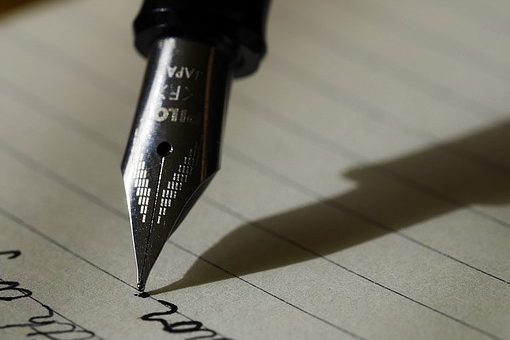
WILL DRAFTING: I AM A FOREIGNER AND OWN ASSETS IN ITALY
- Posted by Massimo Mellaro
- On
Do I have to draw up an Italian will too?
The main reason for drawing up a will is to clearly define one’s ideas about what one wishes to happen to one’s possessions after one is dead, i.e. who will inherit one’s home and perhaps family jewellery and any other personal belongings that might have had an economic or sentimental value during one’s lifetime.
If one is a foreign citizen, in most countries, upon one’s death, the estate remains without anyone in charge, this means that both what one owns and one’s debts need to be dealt with by someone. Instead, if one appoints an executor beforehand, this will probably prevent many complicated scenarios from arising.
Although it is not essential to draw up a testament, as Italian law sets specific quotas that are due to particular family members, which can greatly help the situation because this law guarantees that close kin such as spouse and children inherit a portion of your assets, it is safer to draft a will if one is a foreign citizen with assets in Italy so as to avoid any controversial issues developing for who is left behind. In fact, general Italian inheritance rules do not always apply to all expats. It is also possible to draw up mirror wills or what one can define as expat wills, which consider the basic principles of inheritance law of the country you live in as well as the Italian laws if you have business or assets in this country, too.
In Italy it is possible to draft a testamento olografo, which is a handwritten will, testamento pubblico which is drafted by an Italian Notary Public or a testamento segreto, which is a secret will.
If you are a foreign citizen and own assets in Italy, and are seeking advice on Inheritance Law issues, contact one of our lawyers by filling out the form below




0 Comments